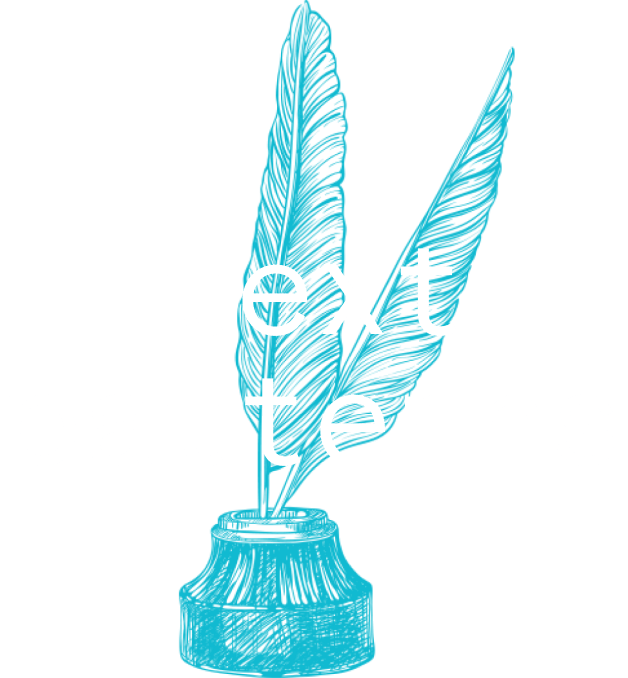March 21, 2011
gaming the system
Oliver Burkeman writes: [Seth] Priebatsch’s declared aim is to “build a game layer on top of the world” – which at first seems simply to mean that we should all use SCVNGR, his location-based gaming platform that allows users to compete to win rewards at restaurants, bars and cinemas on their smartphones. (You can...

